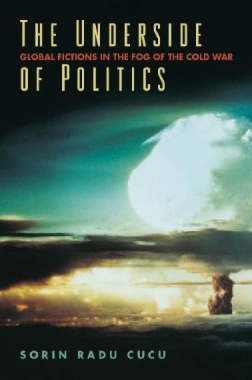Caption:
<p>This book explores the relation between nationhood, literary culture and globalism in the context of the Cold War struggle over the legacy of European modernity, a struggle to represent diverse experiences of the political, after World War II and colonialism. This book argues that, during the Cold War, modern political imagination is held captive by the split between two visions of universality -- freedom in the West vs. social justice in the East -- and by a culture of secrecy that ties national identity to national security. The significance of Cold War political modernity is made evident in the staging of dialogues between<br>post-1945 American and Eastern European novelists: Kundera with Roth, Coover with Popescu and Kiš and DeLillo.</p>



